PROTECT YOUR DNA WITH QUANTUM TECHNOLOGY
Orgo-Life the new way to the future Advertising by AdpathwayTrump’s Ambitious Initiative Against Drug Cartels: A Closer Look
Former President Donald Trump has claimed that the federal operations targeting drug cartels represent a major milestone in the battle against organized crime in America. He asserts that this initiative is “already the most successful anti-cartel and anti-gang operation in American history.” This remark comes as the Trump team reports record seizures of narcotics and weapons, pushing forward within a heightened Homeland Security campaign.
The statistics are staggering. Over the past months, authorities have confiscated more than 70 tons of various drugs, including potent substances like fentanyl and methamphetamine. More than 1,000 illegal firearms have also been seized in this effort. Trump’s statement emphasizes urgency: “We’re not gonna stop until the threat has been eradicated,” highlighting the administration’s determination to contain cartel-related violence and drug trafficking.
Two specific operations, known as Operation Blue Lotus and Operation Four Horsemen, have made headlines with substantial seizure outcomes. These missions, focused on fentanyl trafficking at the southern border, have reportedly led to over 280 arrests and the confiscation of around 9,000 pounds of fentanyl—an amount the Drug Enforcement Administration estimates could lead to over two billion overdose deaths if distributed widely.
The grim human toll tied to this epidemic cannot be ignored. The CDC reports that over 75,000 overdose deaths were linked to synthetic opioids, predominantly fentanyl, in 2022. The acceleration of overdose deaths, largely fueled by cartel operations, reveals a pressing need for enhanced intervention measures. Trump’s insistence that “the cartels are poisoning our people” lays an emotional groundwork for understanding the stakes involved in this law enforcement push.
Seizures of narcotics reflect the deepening reach of cartel operations within American communities. Law enforcement agencies have reported large drug busts in various states, including Ohio and Arizona, revealing a persistent inflow of substances often camouflaged as prescription medication. Recently, the Department of Justice reported a significant takedown of a Southwest-based drug ring that resulted in 37 indictments along with the confiscation of over 500 pounds of meth, indicating rigorous enforcement actions against cartel infrastructure.
The emphasis on long prison sentences for convicted traffickers touches on a broader issue concerning the criminal justice system. Trump’s acknowledgment that incarcerating cartel members keeps them “stuck” in prison for decades reflects a growing concern among law enforcement about the effectiveness of current punitive measures in deterring crime. Over the last five years, the increasing length of sentences for drug trafficking suggests a legal response struggling to keep pace with the rapidly evolving landscape of drug-related crime.
Despite these stern measures, law enforcement leaders express caution. Sheriff Mark Dannels, for instance, highlights the ongoing struggles his department faces: “We can arrest all day, but until the border is secure and policies change, we’re mopping up a flood.” This sentiment raises crucial questions about the effectiveness of arrests when the underlying issues remain unabated.
As statistics show remarkable gains in drug confiscations, such as more than 54,000 pounds of meth in fiscal year 2023, the collaborative efforts among federal and local agencies indicate a shift toward more robust intelligence-sharing and operational coordination. This is bolstered by the deployment of advanced surveillance technologies and task force expansions aimed at tackling transnational gangs.
The controversy over border security persists as federal and state actions clash in policy discussions. In light of increasing cartel activity, leaders in border states like Texas and Arizona have amplified their enforcement presence to support federal efforts. Texas Governor Greg Abbott’s Operation Lone Star exemplifies state initiatives aimed at maintaining order at the border, leading to over 30,000 arrests since its inception. Abbott’s assertions about the situation being “a disaster of national proportions” echo the heightened urgency with which state leaders regard the cartel threat.
Trump’s remarks that the operation is “just getting started” position this initiative at the forefront of his campaign messaging, indicating a continued commitment to addressing crime and drug trafficking as pivotal issues leading into the upcoming election cycle. Social media commentary on his statements reflects a shared belief in the significance of these operations, with many viewing it as a necessary step to quelling cartel influences.
Overall, Trump’s framing of this anti-cartel initiative serves to reinforce themes of law enforcement and national security within his political narrative. As he stresses the importance of ongoing efforts, his declaration—“We’ve just begun”—captures the resolute intent of federal operations moving forward and their perceived importance to the American public.
"*" indicates required fields


 5 days ago
9
5 days ago
9

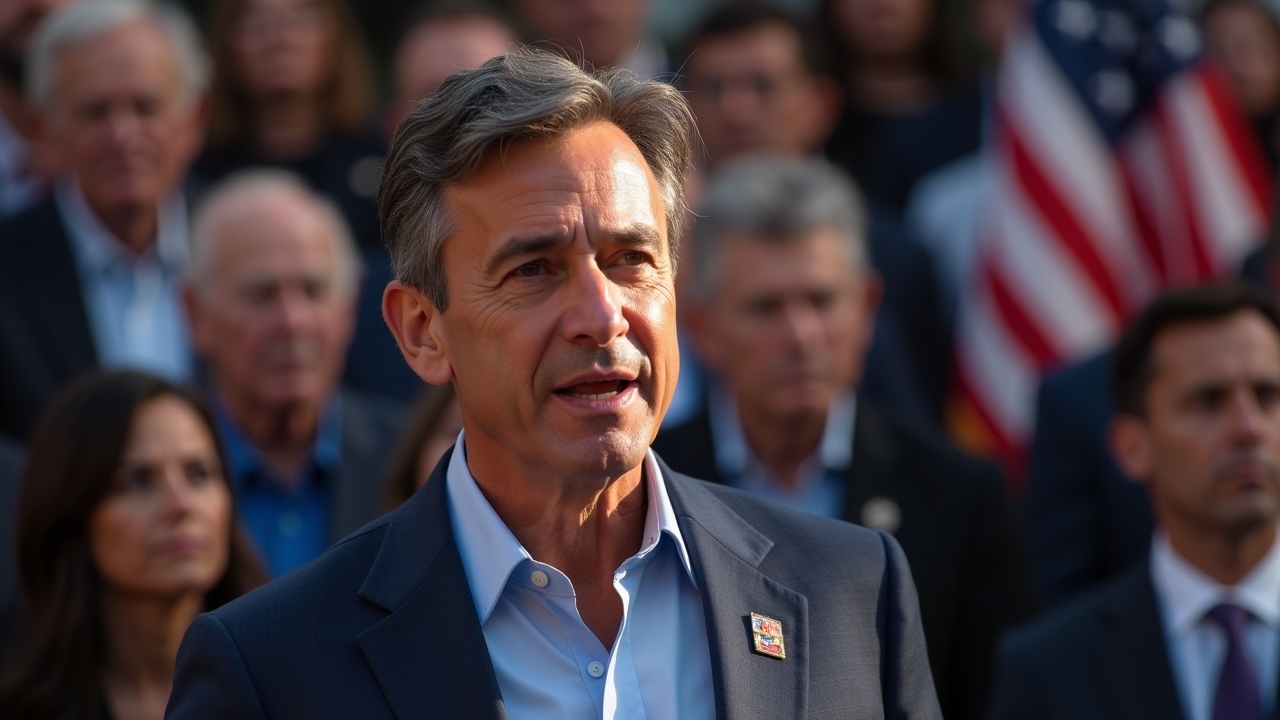
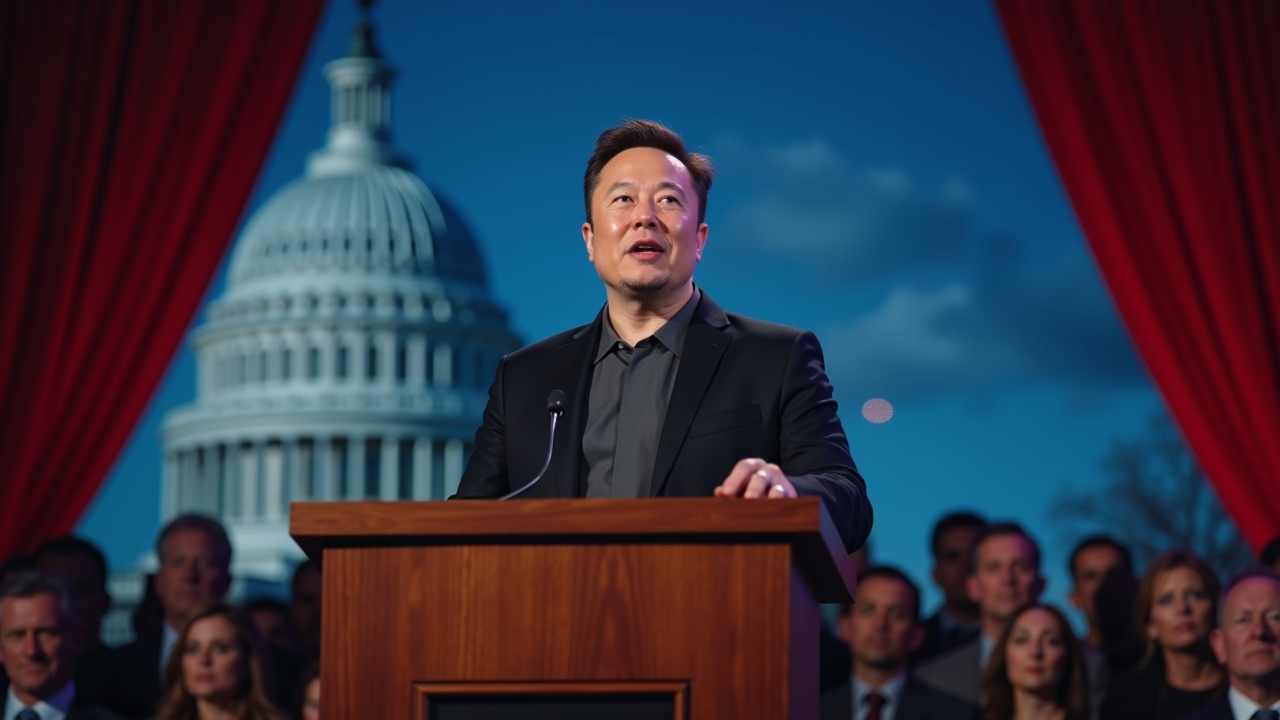
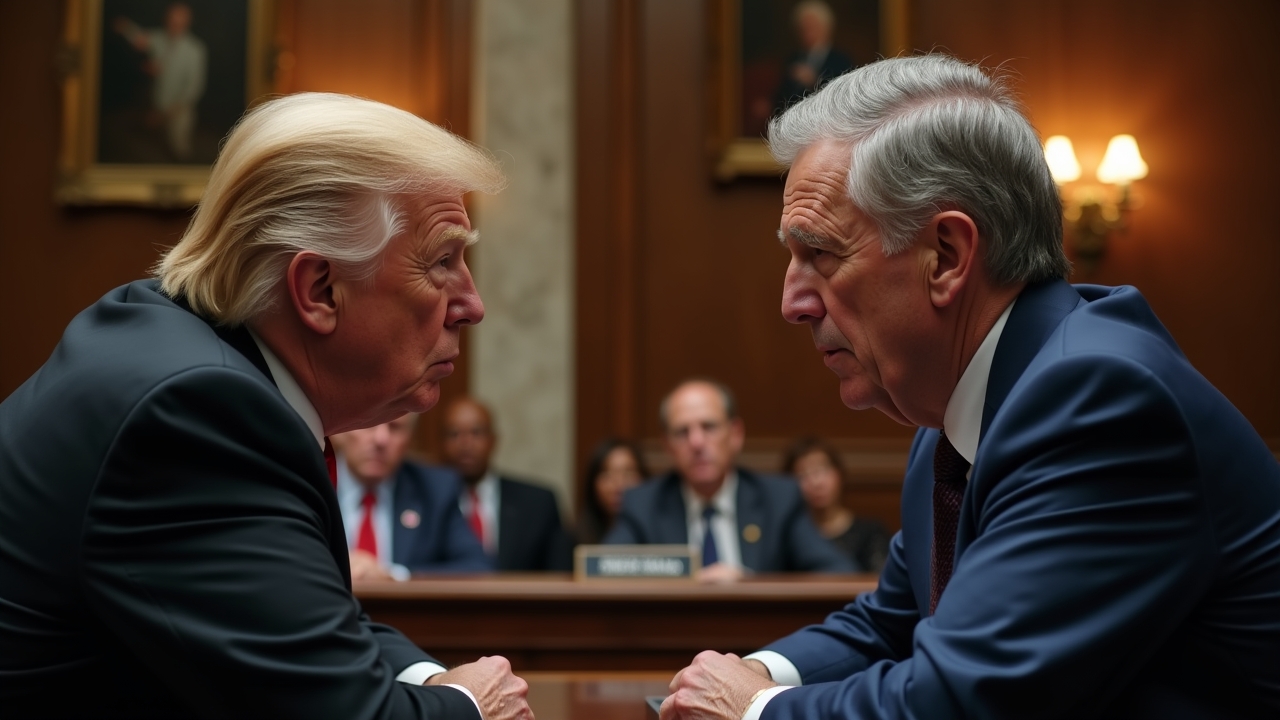
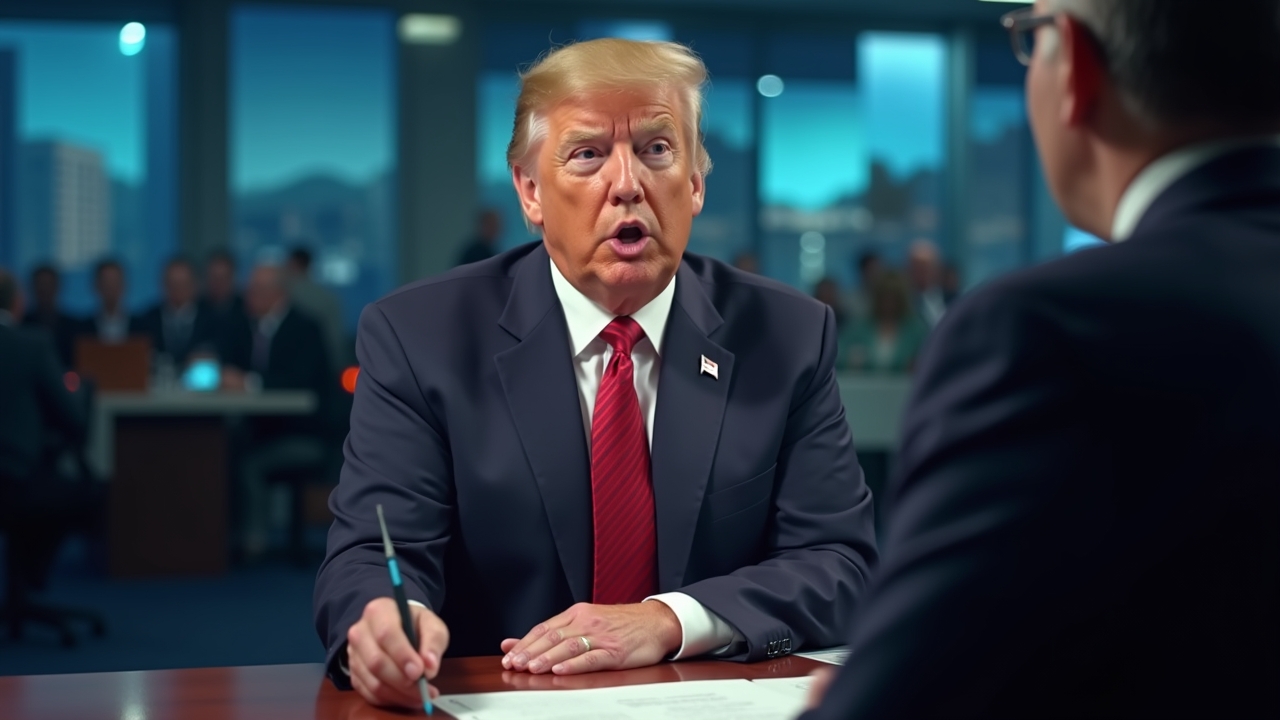
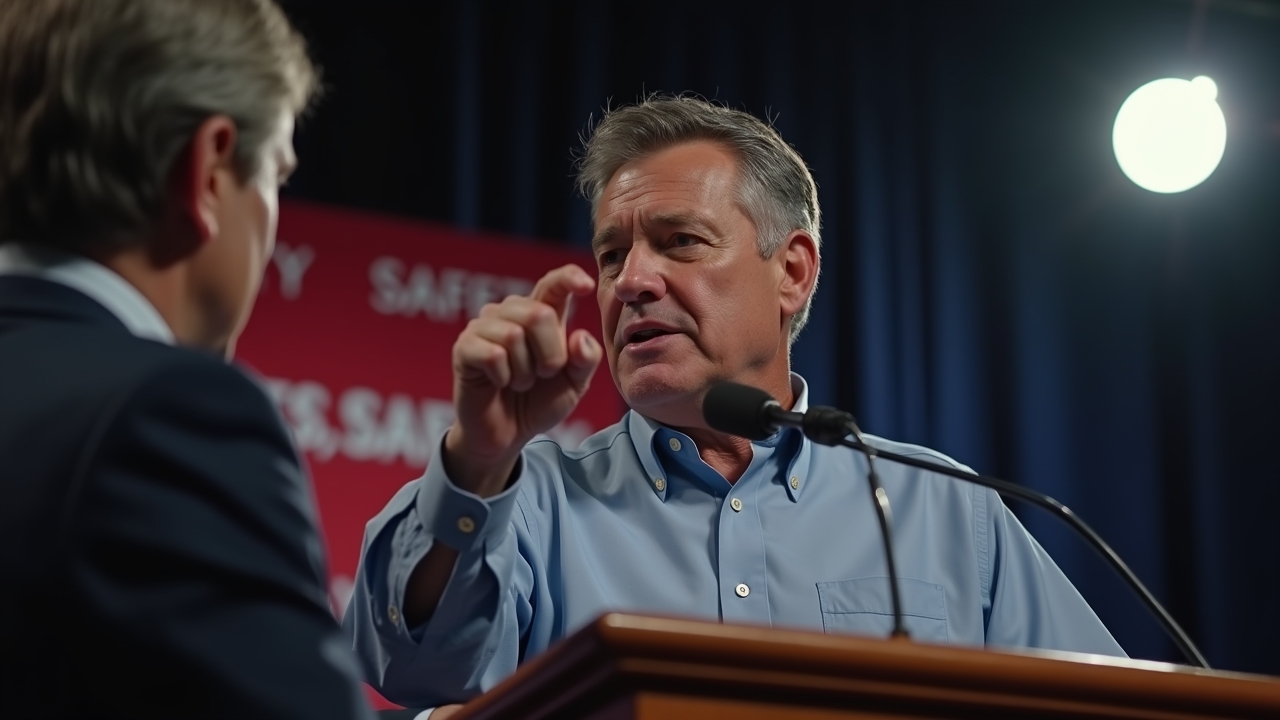

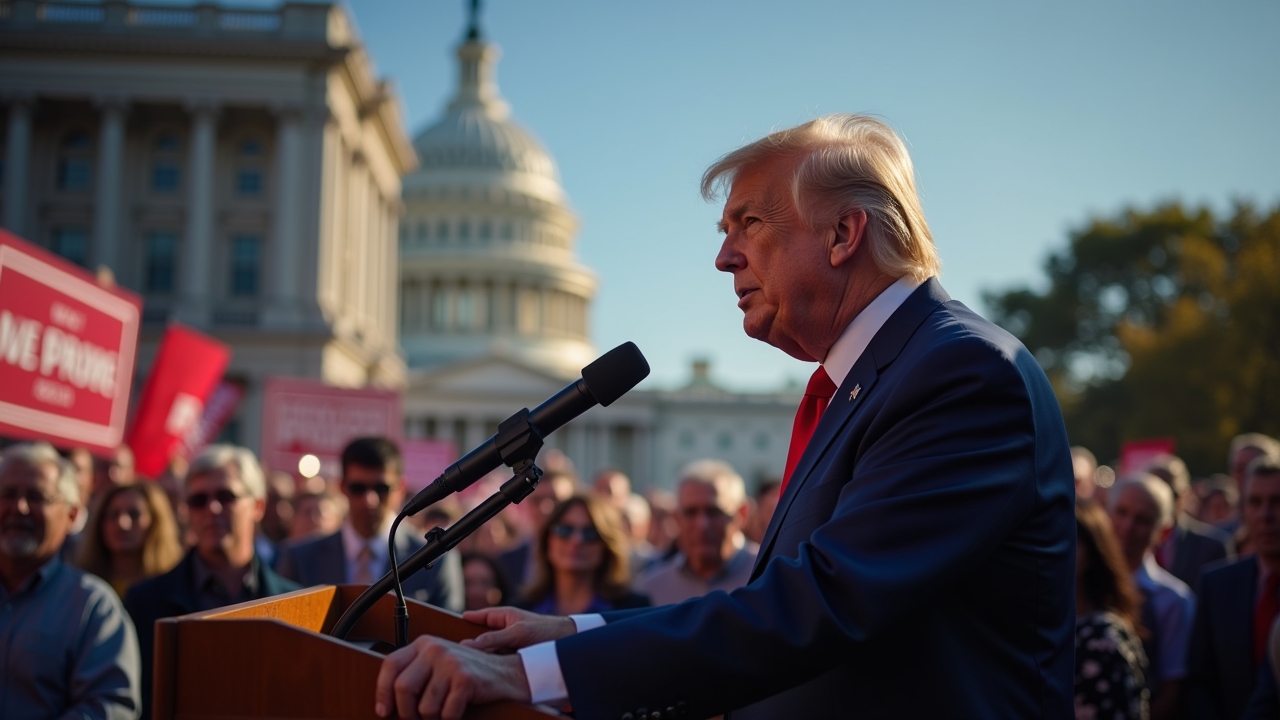










.jpg)






 English (US) ·
English (US) ·  French (CA) ·
French (CA) ·